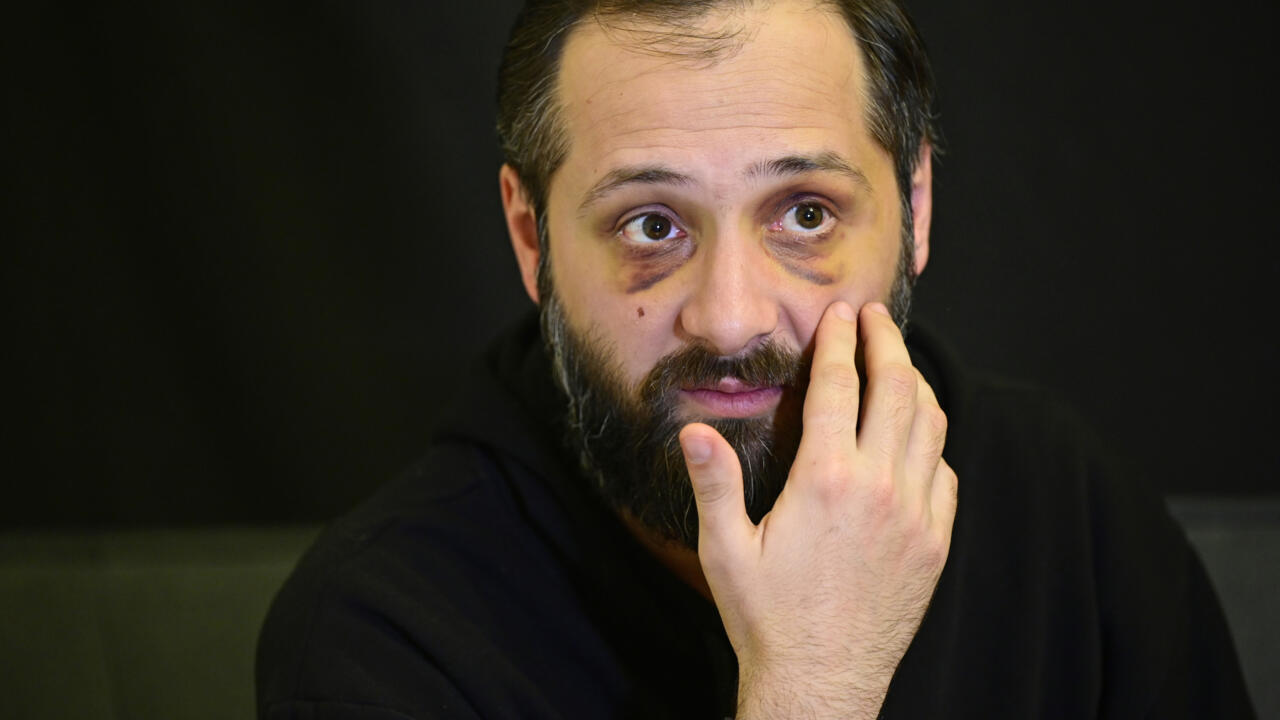“When he understood I was praying, he got angrier and started to beat me up aggressively and shouting, 'Is it helping? Is your prayer helping you now?'” Pipia told AFP. Days later, the bearded anthropologist’s eyes are still bruised, he finds it painful to laugh and cannot yet eat solid foods. Pipia, 39, is one of many protesters who say they have been beaten in the Caucasus country’s massive pro-EU demonstrations, in a political crisis that shows no sign of abating.
Tens of thousands have rallied for over a week in Tbilisi, infuriated by the government’s decision to shelve EU accession talks and accusing it of steering Georgia towards the Kremlin.
Police have arrested more than 400 people, with most reporting physical abuse, according to the Social Justice Centre NGO, which provides legal counselling to those affected. The country’s rights ombudsman has accused authorities of “torture” and the violence has triggered outrage at home as well as international condemnation.
Tbilisi’s interior ministry did not immediately reply to a request for comment. It has previously said police intervention was required when protesters turned violent. But Pipia said he was snatched by masked officers as he defiantly but peacefully stood before advancing riot police on Tuesday last week. He was dragged behind the police line, heavily beaten and then shoved onto a police van. There, masked officers took turns punching and kicking him, he added.
Pipia is far from alone. Journalist Aleksandre Keshelashvili had his nose broken by police in several places and underwent surgery, beaten by police as he covered the protests. The crackdown has heavily targeted media workers. “They were just hitting me, hitting me,” the 32-year-old told AFP in his home, where Orthodox icons hung on a wall. He is still experiencing memory issues after suffering several small skull fractures.


